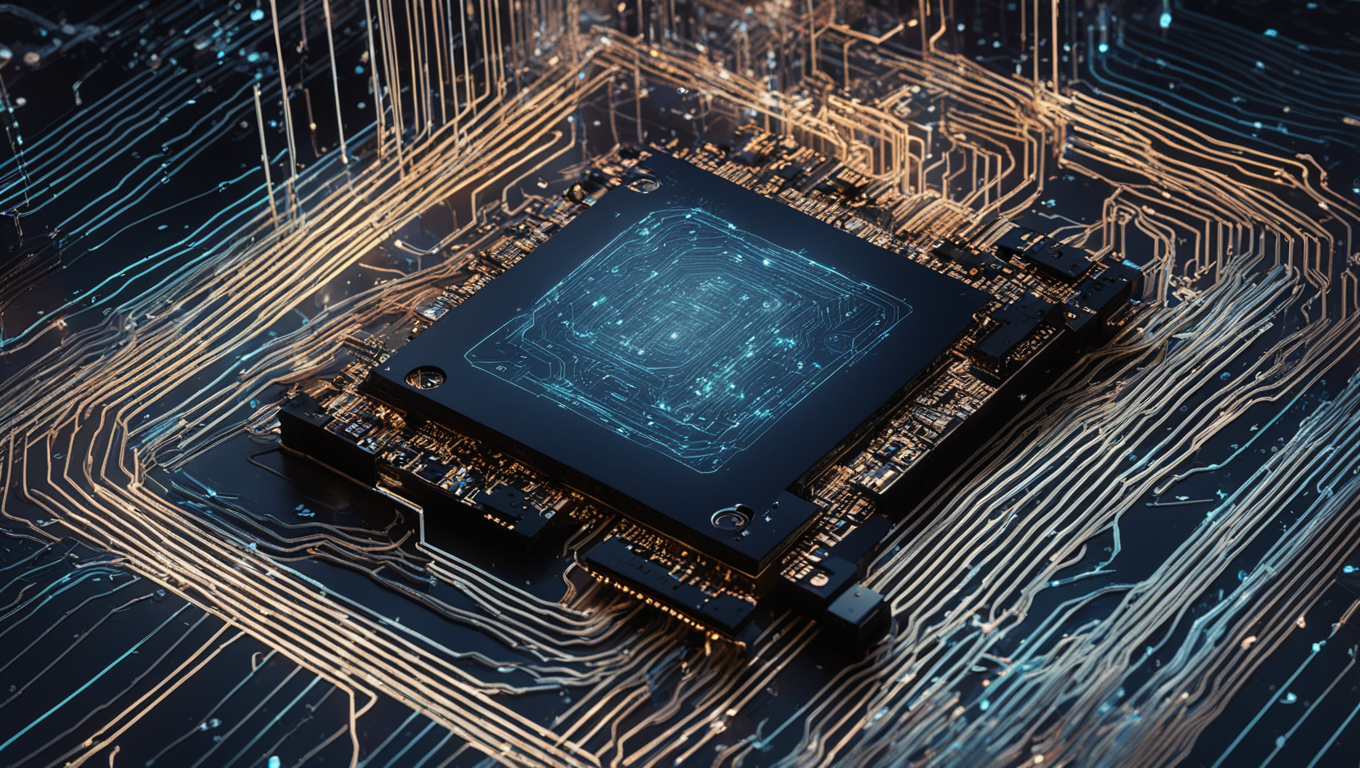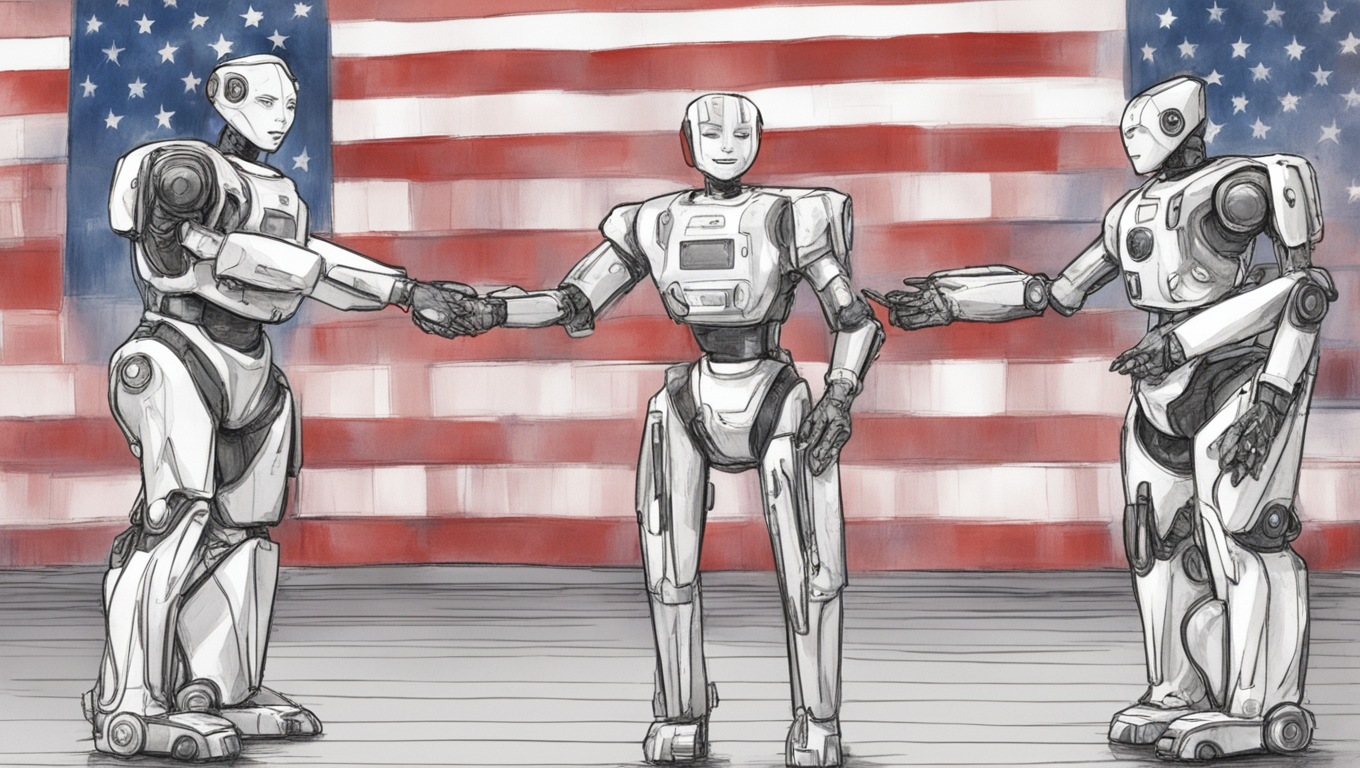British semiconductor firm Graphcore has announced its withdrawal from the Chinese market, citing the impact of Washington’s export restrictions on advanced AI chips. The company, once seen as a potential rival to industry leader Nvidia, has decided to slash its staff in China and cease selling products in the country. The new regulations, which came into effect this month, restrict China’s access to high-end semiconductor technology with US inputs, particularly focusing on data-centre chips used for AI training. Unfortunately, this means that Graphcore, along with other AI hardware manufacturers, can no longer sell their intelligence processing unit (IPU) systems in China.
Graphcore’s setback marks the latest in a series of challenges for the company. Founded in 2016 in Bristol, England, Graphcore was valued at $2.8 billion by 2020, but it saw a 46% drop in revenue in 2022 and incurred losses of $204.6 million. The company expressed the need for additional funding to continue operations but has not announced any new funding rounds. Despite its struggles in China, Graphcore remains committed to meeting the growing demand for powerful and affordable AI computing alternatives in other parts of the world.
Graphcore’s withdrawal reflects the impact of the US chip export restrictions on the Chinese market. Over the past couple of years, Washington has escalated restrictions on chip exports to China, affecting virtually every advanced chip maker. AI has been a specific focus for these restrictions, prompting Nvidia, for example, to develop custom GPUs exclusively for the Chinese market. However, satisfying Chinese clients' requirements while complying with export rules presents a significant challenge that will take time to address. While US chip makers like Nvidia face declines in sales to China and other restricted destinations, this situation has provided an opportunity for domestic chip makers in China to benefit, as local tech giants turn to them for their hardware needs.
Companies like Alibaba and Tencent have expressed concerns that the export restrictions will impact their cloud computing businesses. Alibaba even withdrew its plan to independently list its cloud unit due to the uncertainties surrounding these restrictions. Nvidia, on the other hand, has seen continued sales growth of its data-centre chips thanks to the global AI boom. The successful launch of OpenAI’s ChatGPT last year has contributed to Nvidia’s market valuation surpassing $1 trillion in 2022.
The withdrawal of Graphcore from the Chinese market is a significant development in the AI chip industry and reflects the ongoing tensions between the US and China. The impact of these export restrictions is felt by companies on both sides, forcing them to adapt their strategies and seek alternative solutions. As the demand for AI computing continues to rise globally, it will be interesting to see how chip makers navigate these challenges and meet the growing needs of AI applications worldwide.
“The recently updated US export controls mean that Graphcore – in common with other AI hardware manufacturers – is no longer able to sell [intelligence processing unit (IPU)] systems in China,” a company spokesman said. “Elsewhere, the need for AI computing continues to increase, and Graphcore is working with customers around the world to meet their demand for a powerful, cost-effective alternative to GPUs,” the Graphcore spokesman said.
Despite uncertainties in the Chinese market, the global AI boom ushered in by OpenAI’s ChatGPT launch a year ago has continued to boost sales of Nvidia’s data-centre chips, with the company’s valuation surpassing US$1 trillion this year.
In August, Baidu ordered US$61 million worth of Huawei Technologies’ 910B Ascend AI chips, Reuters reported this month.





Use the share button below if you liked it.